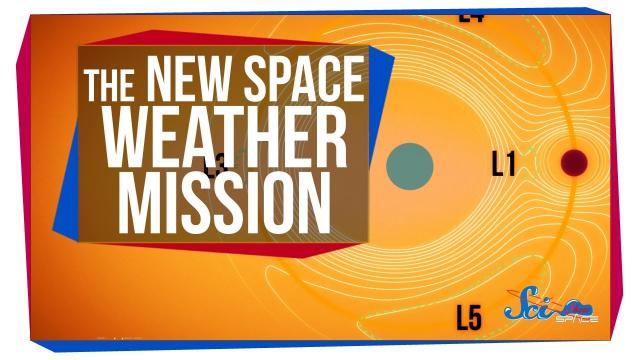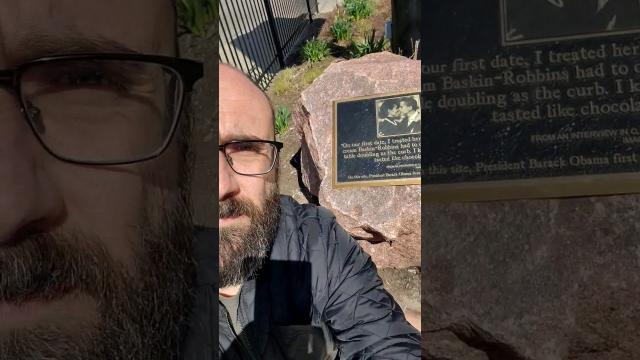Time Travel, Teleportation & Science
Time travel is the concept of moving between different points in time in a manner analogous to moving between different points in space, generally using a theoretical invention, namely a time machine. It has a commonly recognized place in philosophy and fiction, but has a very limited application in real world physics, such as in quantum mechanics or wormholes.
Although the 1895 novel The Time Machine by H. G. Wells was instrumental in moving the concept of time travel to the forefront of the public imagination, The Clock That Went Backward by Edward Page Mitchell was published in 1881 and involves a clock that allowed three men to travel backwards in time.[1][2] Non-technological forms of time travel had appeared in a number of earlier stories such as Charles Dickens' A Christmas Carol. Historically, the concept dates back to the early mythologies of Hinduism (such as the Mahabharata), Buddhism, and Islam through ancient folk tales. More recently, with advancing technology and a greater scientific understanding of the universe, the plausibility of time travel has been explored in greater detail by science fiction writers, philosophers, and physicists.
Teleportation, or Teletransportation, is the theoretical transfer of matter or energy from one point to another without traversing the physical space between them. It has a commonly recognized place in science fiction literature, film, and television, but as yet has a very limited application in real world physics, such as quantum teleportation or the study of wormholes.
Science (from Latin scientia, meaning "knowledge") is a systematic enterprise that builds and organizes knowledge in the form of testable explanations and predictions about the universe. In an older and closely related meaning, "science" also refers to a body of knowledge itself, of the type that can be rationally explained and reliably applied. A practitioner of science is known as a scientist.
In modern usage, "science" most often refers to a way of pursuing knowledge, not only the knowledge itself. It is also often restricted to those branches of study that seek to explain the phenomena of the material universe.
Source : Wikipedia
-
04:34
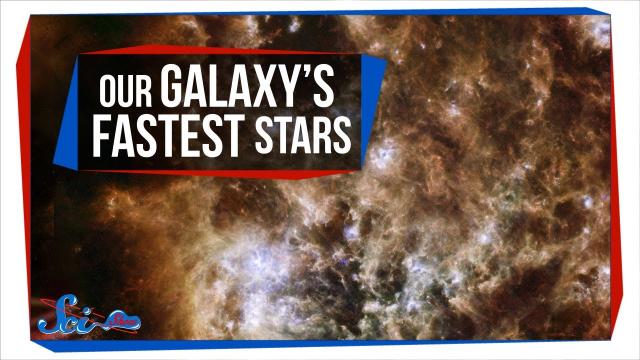
The Mysterious Origins of Our Galaxy's Fastest Stars
Added 644 Views / 0 LikesThe Mysterious Origins of Our Galaxy's Fastest Stars
-
06:17
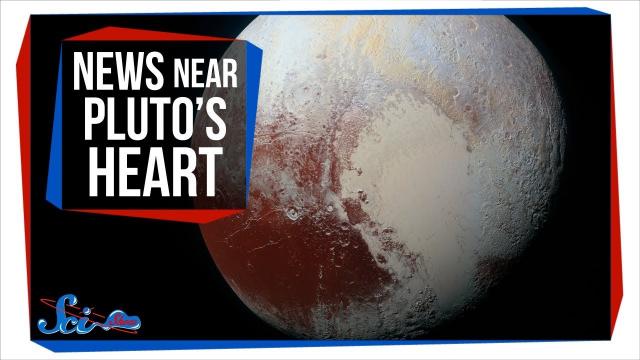
The Mysterious Ridges Near Pluto's Heart
Added 421 Views / 0 LikesAstronomers may have figured out some cool geology on Pluto, and Barnard's star is back in the running for having a planet!Hosted by: Hank GreenSciShow has a spinoff podcast! It's called SciShow Tangents. Check it out at https://www.scishowtangents.org---
-
06:12

The Mystery of the Star That Wasn't There
Added 215 Views / 0 LikesSign up to Morning Brew for free today https://morningbrewdaily.com/scishowspace. Sponsored by Morning BrewIn the 1970s, astronomers discovered a mysterious source of gamma rays that, 50 years later, still hasn’t revealed all of its secrets.Hosted by: Han
-
01:34

The Myth of the Isolated Scientist
Added 453 Views / 0 LikesThe Myth of the Isolated Scientist
-
06:22

The Next Captain America is YOU: Science Friction Ep 23
Added 916 Views / 0 LikesFind out how science can create real super-soldiers with enhanced strength, unbreakable bones and inexhaustible endurance. Do you have what it takes to become the next Captain America? Find out. Links to research below! And I want to thank my good friend
-
05:07
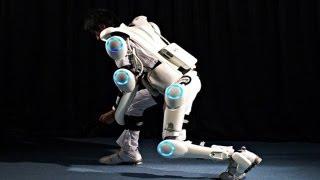
The Next Iron Man is YOU: Science Friction Ep 1
Added 827 Views / 0 LikesDo you want the powers of Iron Man? We have the science and technology capable of transforming an ordinary individual into a superhuman. Find out how you can suit up in an exoskeleton like Tony Stark's in the premiere episode of Science Friction. In each
-
03:59
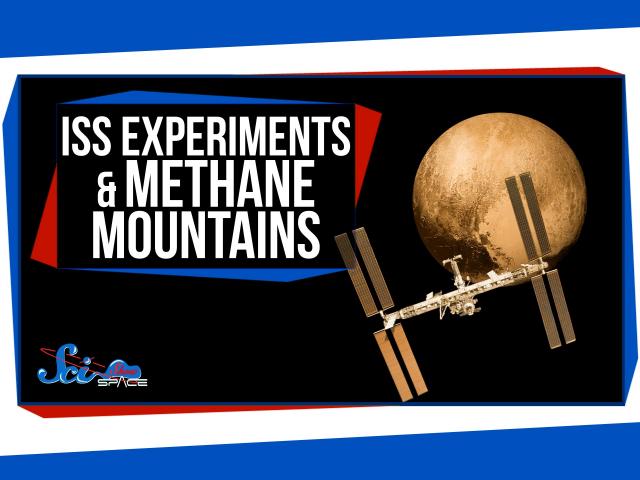
The Next ISS Experiments, and Pluto's Weird Methane Mountains
Added 688 Views / 0 LikesThe Next ISS Experiments, and Pluto's Weird Methane Mountains
-
1:02:32
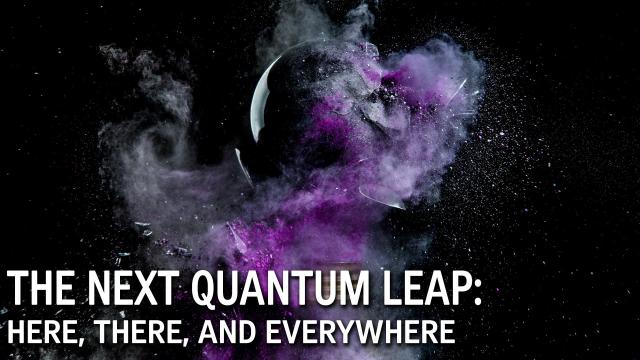
The Next Quantum Leap: Here, There, and Everywhere
Added 651 Views / 0 LikesThe Next Quantum Leap: Here, There, and Everywhere
-
04:30
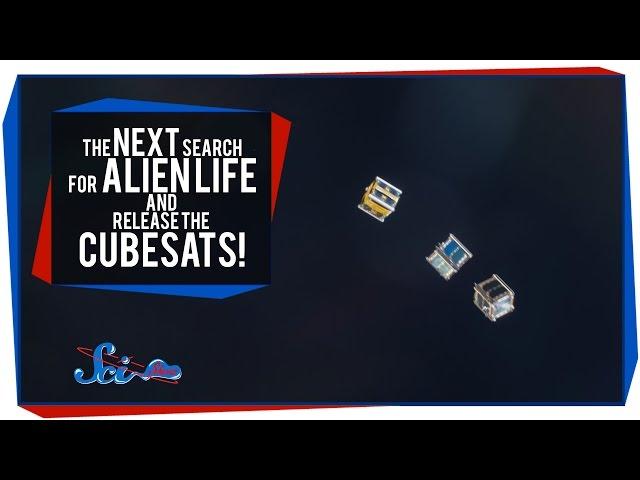
The Next Search for Alien Life, and Release the Cubesats!
Added 834 Views / 0 LikesThe Next Search for Alien Life, and Release the Cubesats!
-
05:28

The Next Spider-Man is YOU: Science Friciton Ep 19
Added 1,002 Views / 0 LikesA new material allows humans to crawl up walls like Spider-Man. Find out just how close we are to scaling buildings like Spidey in the latest episode of Science Friction. Hosted and created by me, Rusty Ward. Research links below. Check out the Science Fr
-
06:04
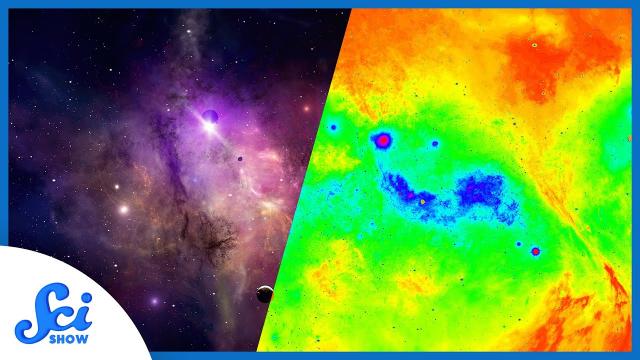
The Night Sky in Infrared
Added 198 Views / 0 LikesJames Webb is getting ready to launch, but it wouldn’t be equipped to look in the infrared if not for the previous missions that have allowed us to see the universe in wavelengths that the human eye can’t see! Hosted By: Reid ReimersSciShow is on TikTok!
-
04:21
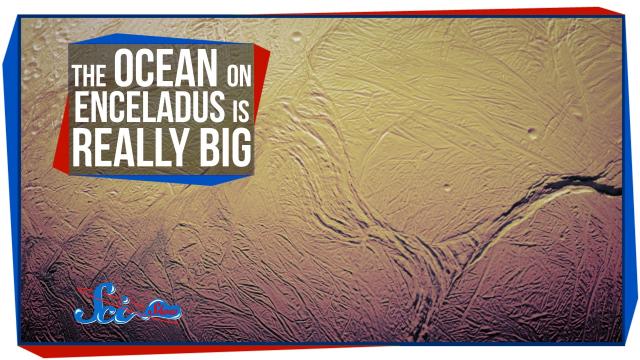
The Ocean on Enceladus is Really Big
Added 744 Views / 0 LikesThe Ocean on Enceladus is Really Big
-
22:07
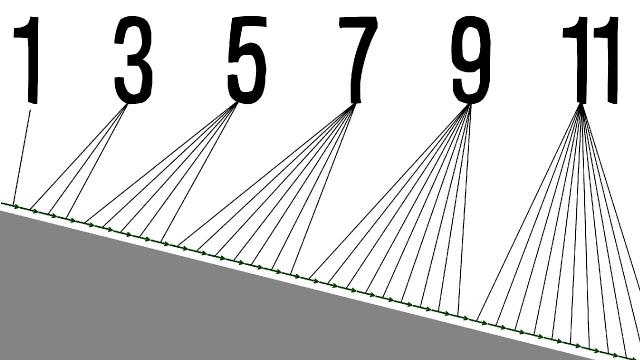
The Odd Number Rule
Added 600 Views / 0 LikesSubscribe to our Curiosity Box! https://www.curiositybox.comLearn more about our new Inquisitive Fellowship: https://www.curiositybox.com/pages/inquisitivefellowshipfollow me:https://twitter.com/tweetsaucehttps://www.instagram.com/electricpantsBuddy the d
-
06:23
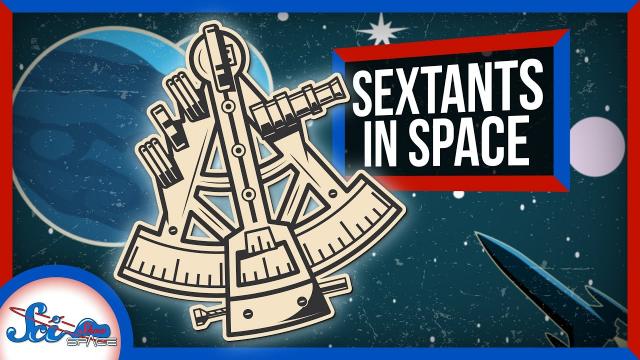
The Old Sailors' Tool That Saved Apollo 13
Added 401 Views / 0 LikesIn the 1700s, sailors used sextants to navigate the seas. Centuries later, these old-timey tools saved the day on not one, but two of the Apollo missions!Hosted by: Reid ReimersSciShow has a spinoff podcast! It's called SciShow Tangents. Check it out at h
-
01:01

The Oldest Camera Photograph
Added 125 Views / 0 Likes"View from the Window at Le Gras": the earliest-known (and perhaps first!) photograph taken with a camera ????#photography #history #Nicéphore #Niépce #France #LaGras #pewter #bitumen #austin #austintx #utaustin #historyofphotography #reality #media #vsau
-
05:38

The Oldest Crater from a Meteorite…Isn’t a Crater after All?
Added 156 Views / 0 LikesThere's one crater that may be older than any that we know of. Except there's a snag, it might not actually be a crater at all.Hosted By: Hank GreenSciShow is on TikTok! Check us out at https://www.tiktok.com/@scishow----------Support SciShow Space by bec
-
05:20
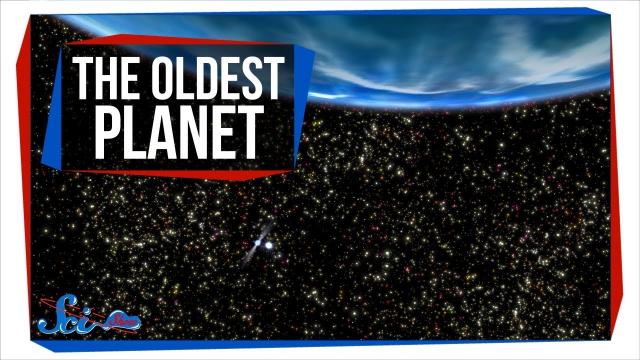
The Oldest Planet Ever Discovered
Added 582 Views / 0 LikesWe've only found one planet in a globular cluster, where gravitational interactions should usually rip baby planets apart, but that's not all that excites astronomers about PSR 1620-26 b.Hosted by: Reid ReimersFor special, curated artifacts of this univer


